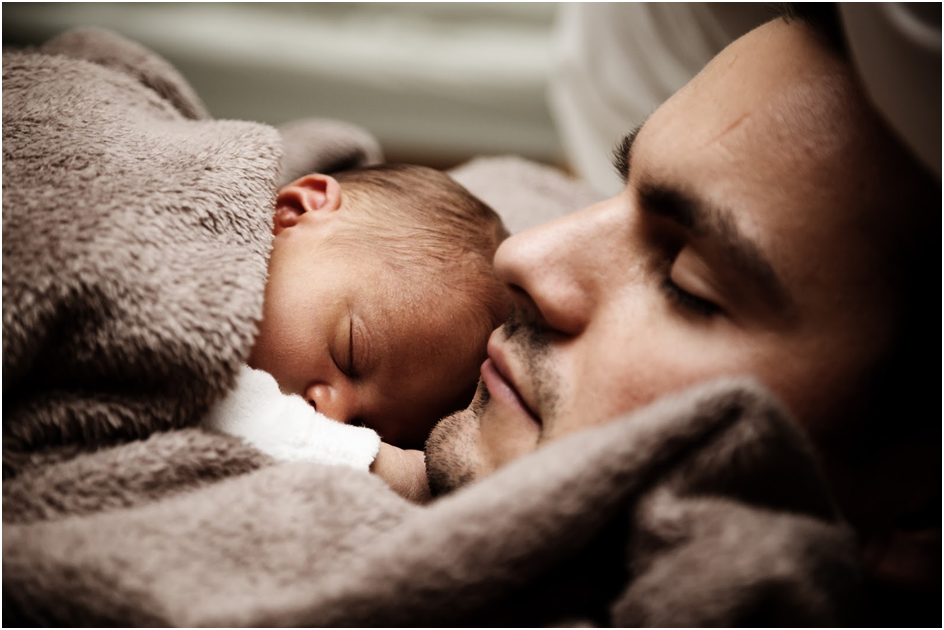How Does A Proper Sleep Routine Help You Stay Young?

There is no such thing as a magic fountain or miracle pill to regain your youth instantly, but if there can ever be something that comes close to magic – it is the biological process that we often sideline in our daily lives – sleep. As it turns out, the benefits of sleep aren’t limited to recharging your batteries for the next day. This discussion focus in particular on the role that sleep plays in our youthfulness.
Our internal biological clock is hardwired to perform rejuvenating processes on our skin and hair in a preset sequence. Eight to eleven in the evening is allocated to stimulation and hydration, 11 PM to 3 AM is assigned for regeneration and nutrition, and between 3 AM to 5 AM, your body rests itself.
It can be difficult for most of us to drift off as early as 8 PM, but we should at least try to get around the same overall period of sleep i.e. 7 to 8 hours. Sleeping too little or too much, for whatever reason, is going to mess up with your internal biological clock and as a consequence, all these regenerative processes that are necessary to keep your skin and hair looking healthy and youthful will be compromised.
Here are a few concrete ways in which sleep positively impacts your youthfulness:
Enhancing your outward appeal
A study carried out by Swedish researchers in 2010 on 23 adults between the ages of 18 and 31 confirmed what the advocates of ‘beauty sleep’ had known for ages – you actually do look ugly if you sleep less. The subjects were photographed before and after being sleep deprived, and the photographs were rated by untrained observers on the basis of health, tiredness, and attractiveness.
The results showed clearly that just one session of excessive sleep deprivation (31 hours) can lead to a visible decline in your looks from the perspective of others. The researchers attributed this to sleep-specific facial cues that go missing when you don’t sleep enough. This can have practical implications such as affecting your employ ability and social interactions.
Making your skin glow
You regenerate skin 30 times faster while asleep than when you’re awake, as your body is able to devote all its resources to the process in the pre-allocated period mentioned above. You may already have noticed that your skin is tighter and softer (read: younger looking) in the morning after a good night’s sleep, and conversely, your eyes are baggy and have dark circles around them if you sleep too little or too much.
Higher HGH levels
The human growth hormone is produced in the largest quantities when you’re sleeping. Although the primary function of the hormone is to enable your body to grow throughout your childhood and adolescence, but afterwards, it is essential (in much-reduced quantities) to maintain healthy muscle mass, optimal metabolism, and tighter skin – losing sleep on a frequent basis can affect the secretion of HGH (and other hormones) negatively, thus making you appear to be in an unkempt state.
Some tips and considerations
If you wish to appear more attractive to others, you should maintain a healthy sleep routine, as several celebrities do. Even if your routine deprives you of the golden 8-hour formula, you should still make an effort to not let the ‘sleep debt’ inflate to the point that it starts taking a visible toll on your body.
Power naps can provide temporary relief against sleep deprivation if you’ve got a tight schedule, but they should not be treated as a total substitute for a good night’s sleep – you still need to sleep for a set number of hours during the night to maintain your circadian rhythm (the scientific term for your internal biological clock).
Sometimes, if you’re having trouble sleeping on a regular basis, there may be an underlying cause that needs to be addressed – for instance, pain in your muscles, joints, and bones are major contributors toward interrupted sleep, and one way to deal with it is to have a best mattress that offers extra pain relief; thesleepjudge.com has quite an impressive list of such products, so you could start looking there.
Moreover, your sleep pattern will change as you grow old – this is evidenced by the fact that most seniors tend to sleep earlier in the night and also wake up earlier in the morning because of permanent changes in their circadian cycles. In other words, while the overall period still stays at 7 to 8 hours as you age, the optimal time for your rest gets shifted forward.
Changing your sleep habits to accommodate for this variance is essential: remember that our bodies degenerate naturally with time – there is no stopping that – but in the absence of proper restful sleep, the process accelerates so that you start looking more advanced in your years than you actually are.




